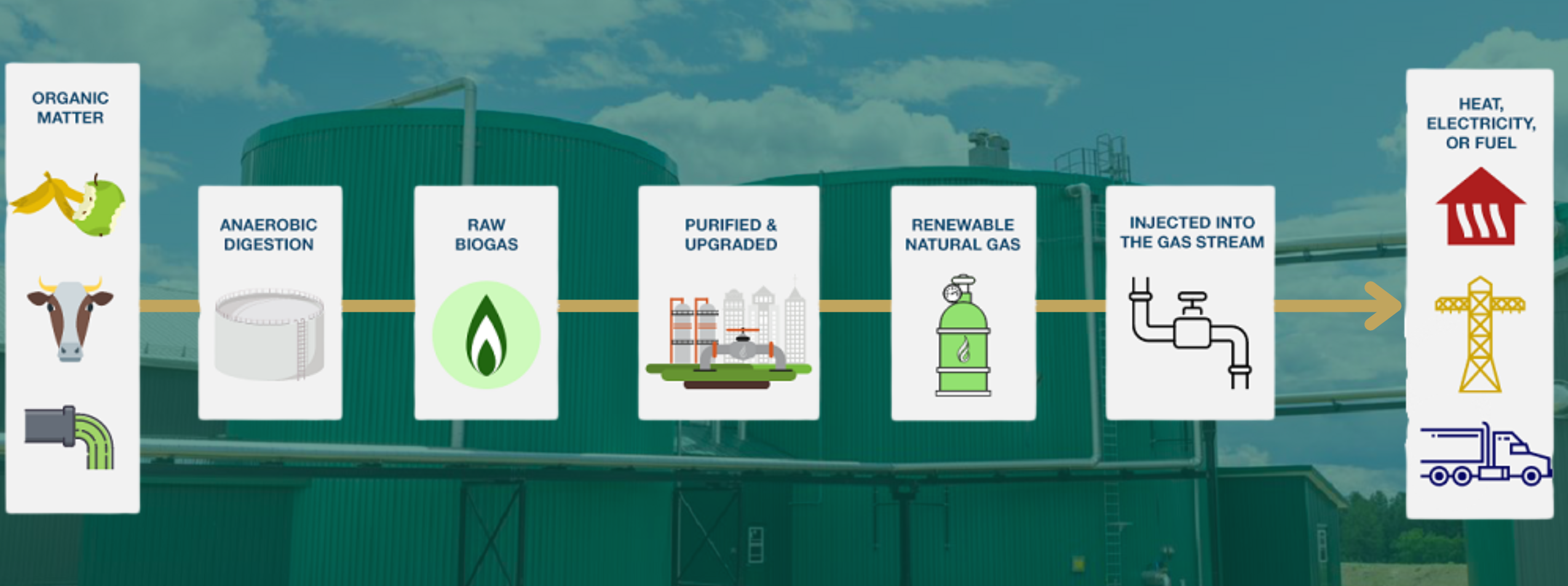
A word from the president
What is the place of gas in society?
Reflection following the task force organized by the HPBAC
By Jean-François Fauteux, Coval’s president
| October 27, 2023
I would like to share with you some important information that emerged at the HPBAC (Hearth, Patio & Barbecue Association of Canada) Canadian Gas Hearth Stakeholder Task Force meeting, which took place this early October in British Columbia. The issue is that cities like Montreal in Quebec will ban gas in new constructions and several other cities have similar projects. All this worries us. Like you, we wonder how to act responsibly in the face of environmental and energy issues. What are the solutions and consequences for our future?
Could the province ban gas?
Probably not. The government has only one option to decarbonize the economy and reduce its greenhouse gas emissions, and that is “electricity”. It has to be clean, green electricity. In Quebec, we have a lot of clean electricity, but we are reaching the end of our capacity. Residential projects are on hold in Outaouais, because Hydro-Québec (HQ) does not have the capacity to supply them. Towns like Sutton and Owls Head are seeing their development blocked due to lack of electricity.
In Quebec, one of our largest greenhouse gas emissions sources is related to transportation. However, the emergence of electric cars is causing additional stress on electricity demand. When cities like Montreal talk about banning gas, it is impossible for HQ to meet demand. Moreover, the state-owned company has signed agreements with Énergir to use dual-energy gas and electric furnaces in the Montreal area.
“Half (49.8%) of 2021 emissions [from the city of Montreal] came from the “stationary sources” sector, which are residential, commercial, institutional and industrial buildings. The transport sector comes second, with 38.7% of emissions […]” [2]
Every winter, Hydro-Québec must meet the demand during the coldest days with electricity purchased in Ontario or the USA, where the electricity is not green.
Then we have choices to make. Cars and trucks emit far more greenhouse gases than energy-efficient gas heating. If we have a limited amount of electricity, then it would be more environmentally wise to electrify transport rather than heating. In these circumstances, gas is needed as a transition fuel to ensure the growth of the electricity grid.
If we can’t eliminate gas completely, are we doomed?
We cannot achieve net zero emissions by burning more natural gas, a fossil fuel. But no, we are not doomed. The gas industries have two good news for us.
Renewable Natural Gas
Propane Gas
Natural gas is a fossil fuel, but it can be replaced in equal parts by “renewable natural gas” (RNG). RNG offers a direct reduction in greenhouse gas emissions. Currently, renewable gas is offered, at a higher price, by all Canadian gas companies. This gas is not a fossil fuel and is made from agricultural and residential waste, i.e., waste that would have released methane during its decomposition. During the combustion process, methane produces energy as well as CO2. In other words, RNG removes a source of methane from the atmosphere and turns it into CO2 when we burn it. It therefore allows a net reduction in greenhouse gases.
The propane molecule is not a greenhouse gas and is not harmful if it leaks. Even though propane emits CO2 when burned, you should know that it is a waste from the production of natural gas. As long as we produce fossil fuels, natural gas, propane will be produced and burned, one way or another. In other words, banning propane is futile and does not reduce greenhouse gases in the atmosphere. Instead, burn it in a fireplace and let its energy give the power grid a relieve on colder days. After all, producing energy from waste is the very essence of the circular economy.
RNG is produced by capturing methane produced by waste from human activity and using it to replace natural gas extracted from the ground. Methane has a greenhouse effect 86 times more powerful than CO2. It is therefore doubly relevant to recycle it into energy.
Currently, only 1% or less of RNG is used in natural gas, but its use will increase. Every year your gas stove or fireplace will get cleaner and cleaner as we use more RNG. Unfortunately, it will take at least a decade to get enough RNG to reach zero emissions from our use of natural gas. This is why regulations aimed at imposing intelligent use of gas still remain necessary.

Figure 1: How is renewable natural gas produced? [1]
N.B. Please note that these comments are not the official position of the HPBAC or the APC, but a summary of the information transmitted during the meeting and, therefore, my interpretation, in a Quebec context, of said information.
MORE NEWS
Autumn has now arrived, which also means that it is apple season. If you’re not the type to put on your checkered jacket and invade the pick-your-own orchards, we give you another option to still enjoy apples: CIDER. Formerly very classic, it has evolved a lot and the cider makers offer us products that are just as different from each other.
Thanks to the collaboration of Boucherie Brunelle, Alain Larose, chef, returns once again with his recipes, each one more original and tasty than the last. With the return of the cold weather, it’s time for comforting meals. This time, a surprising mix of beef, squash and root beer, to be discovered tenderly.
In fact, natural gas is one of the most efficient sources of energy we have. With our electricity supply limited, natural gas remains the best alternative for many applications. But natural gas, until we include a lot more RNG, increases the amount of CO2 in the atmosphere. So when there is an alternative, we should consider it.




